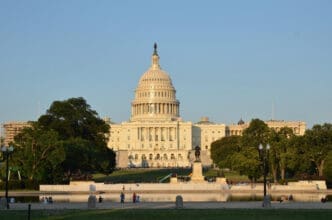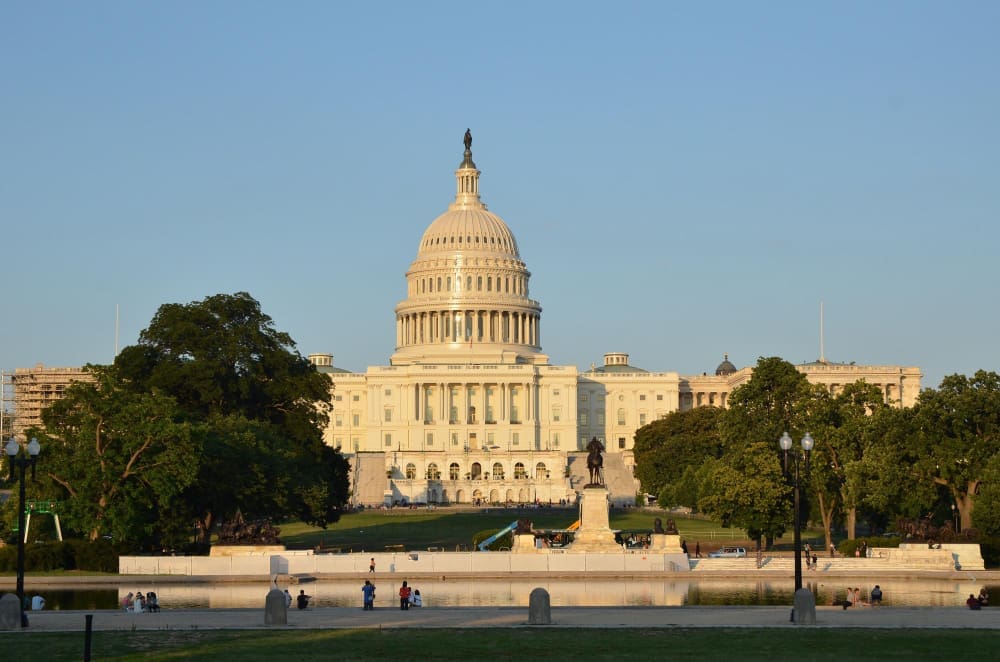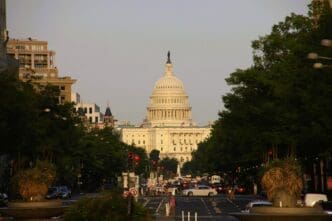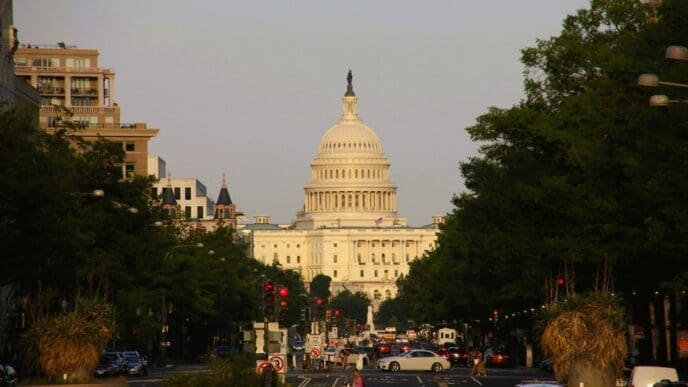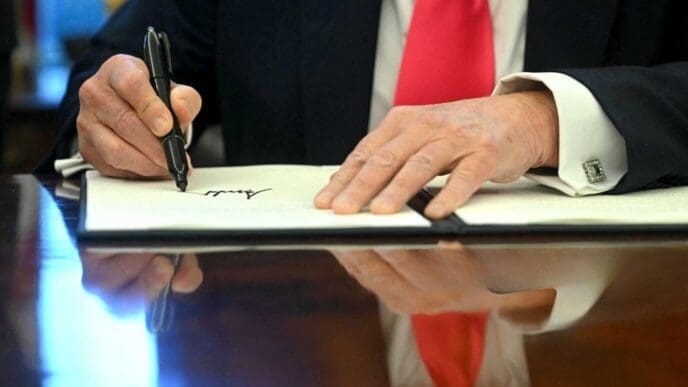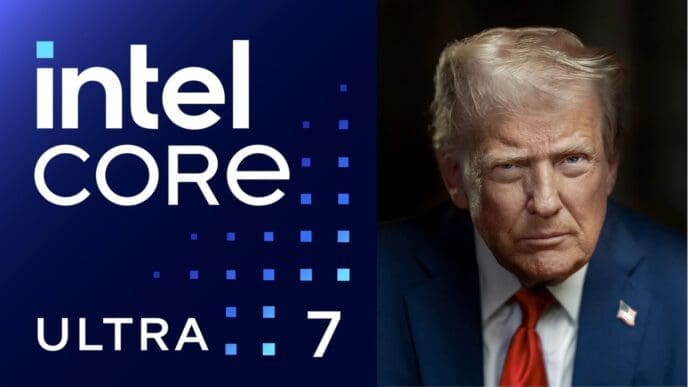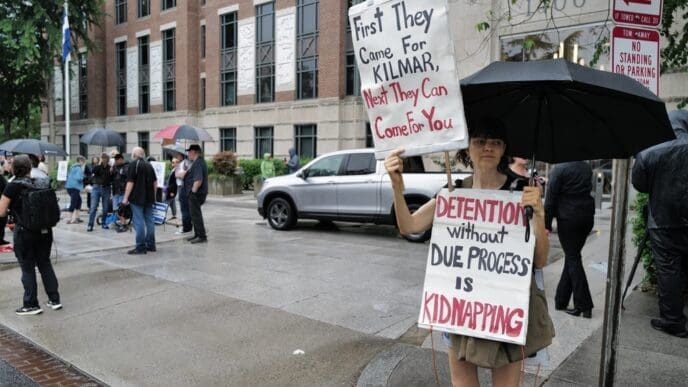WASHINGTON – Members of Congress have departed Washington for their annual summer recess, but they have left behind a ticking time bomb: a September 30 deadline to fund the government and a political landscape so toxic that a shutdown is now a looming possibility.
Despite controlling both the White House and both chambers of Congress, Republican leaders are privately skeptical that they can pass a full-year budget on time. The deep partisan divisions, exacerbated by recent legislative brawls over spending cuts and presidential nominations, mean that a temporary, stopgap budget will likely be necessary to avoid a government shutdown. That, however, will require bipartisan support—a commodity in dangerously short supply.
The current standoff is the result of a complete breakdown in trust between the two parties. Tensions are running high after Republicans recently used their narrow majorities to ram through President Donald Trump’s tax and spending bill on a party-line vote, a move that clawed back billions in funding for public media and foreign aid that had previously been approved with bipartisan support.
In retaliation, Senate Democrats have brought the confirmation process for President Trump’s executive and judicial nominees to a grinding halt. Instead of allowing nominees to be confirmed quickly by unanimous consent or voice vote, Democrats are demanding time-consuming roll call votes for each one, a procedural tactic that can tie up the Senate floor for days. Talks between the parties to expedite the process broke down just before lawmakers left town.
This has led Republican leaders to consider changing the Senate rules to speed up the confirmation process, a move Democrats have warned would be a “nuclear option.” They have explicitly threatened that if Republicans change the rules, they will withhold the very votes needed to pass spending bills and other critical legislation, setting the stage for a classic Washington showdown with the full faith and credit of the government hanging in the balance.
Amid the brinkmanship, there are faint glimmers of hope. In a letter, top Democrats in the House and Senate have requested a meeting with their Republican counterparts this week, emphasizing the urgent need to work together to avoid a shutdown. And in the final days before the recess, the Senate managed to pass multiple bipartisan funding bills out of committee, a sign that cooperation is still possible.
“It is good, Mr. President, to have the Senate back on a regular order track on appropriations, and I will continue to work for a regular order process as we continue,” Senate Majority Leader John Thune said on the Senate floor. “And I hope that Democrats will join us in that effort.”
But Senate Minority Leader Chuck Schumer placed the blame for any potential failure squarely on the GOP, warning that they cannot just keep “caving to Donald Trump and Russell Vought when they try to kill bipartisan cooperation.”
Adding to the complexity is a fundamental divide between the two chambers of Congress. Budget bills require 60 votes to pass the Senate, forcing the Appropriations Committee there to work on a bipartisan basis to craft its spending bills. The House, however, is passing its bills on a purely party-line vote with significantly lower funding levels. This creates a massive gap that will have to be bridged in a conference committee, a process that will be incredibly difficult in the current hyper-partisan environment.
Congress has not passed a full, on-time budget in over a year and has been relying on a series of temporary budget extensions, known as continuing resolutions, since last September. As lawmakers enjoy their recess, the clock continues to tick toward another fiscal cliff, with the American public left to wonder if their elected officials can find a way to cooperate before the government is forced to shut down.

